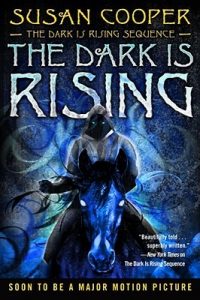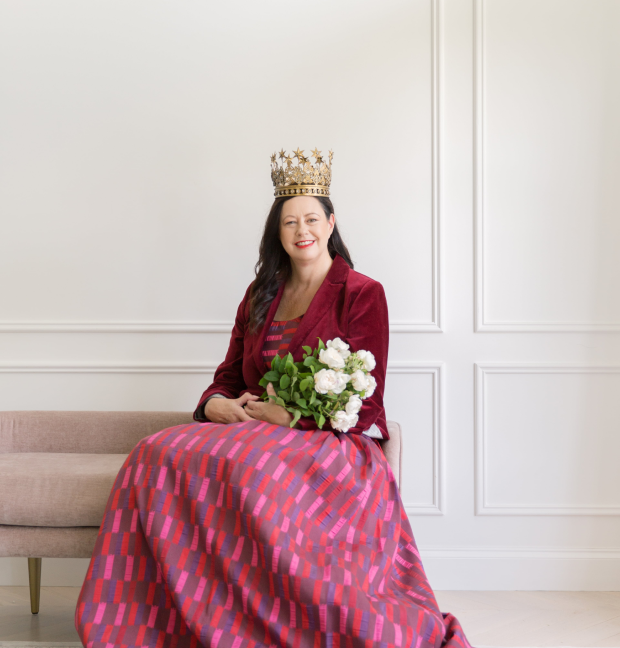
BOOKS THAT HAUNT A CHILD FOREVER
Bertrand Russell said, ‘There are only two motives for reading a book: one, that you can enjoy it; two, that you can boast about it.’
Children, of course, rarely read a book for any other reason than enjoyment. And there really should be no other reason to read.
Books give us entertainment and escape, refreshment and relaxation, and even, perhaps, wisdom.
The best of them also bewitch us, giving us some sense of beauty and astonishment that stays with us all of our lives.
One of my favourite writers, Susan Cooper, wrote about one of her favourite writers, Walter de la Mare:
“I’ve had my copy of this wonder for thirty years and must have turned to it at least as many times each year –
sometimes for solace, sometimes for sunlight, always with an emotion that I have never quite been able to define.
Come Hither is my talisman, my haunting: a distillation of the mysterious quality that sings out of all the books
to which I've responded most deeply all my life -
and that I deeply hope as a writer I might someday, somehow, be able to catch.”
That quote says exactly what I feel most passionately about books and about my writing. I too want to write books that become talismans,
to write books that have that “mysterious quality that sings”.
Susan Cooper’s The Dark Is Rising is a book that has haunted me all my life.

So too:
Philippa Pierce’s Tom’s Midnight Garden
Lucy Boston’s The Children of Green Knowe
Elizabeth Goudge’s The Little White Horse
Ursula le Guin’s The Wizard of Earthsea
Joan Aiken’s The Wolves of Willoughby Chase
Diana Wynne Jones’s Charmed Life.
There are, of course, others.
These, however, are my magic seven, the ones I have returned to so many times
their flimsy paperbacks are falling to pieces in my hands.
What all these books have in common is a sense of wonder and mystery,
a feeling that adventure and magic is lurking just around the corner.
They are also silver-tongued. The writing is vivid and supple and lucent.
The characters are alive, dancing and joking and fighting and fearing
and losing and sorrowing and prevailing at sometimes a great cost.
They sing.
Lucy Boston once wrote:
"I believe children, even the youngest, love good language, and that they see, feel, understand
and communicate more, not less, than grownups.
Therefore I never write down to them, but try to evoke that new brilliant awareness that is the world.’

Me too!
Every book I have ever written is in homage to these writers – among others –
and these books – among others. I'm a passionate advocate of books which empower children -
books which teach children they have the chance to choose
what they become, and that their choice can change the world.
Jane Yolen - another favourite writer of mine - said:
“A child who can love the oddities of a fantasy book
cannot possibly be xenophobic as an adult.
What is a different color, a different culture, a different tongue for a child
that has already mastered Elvish, respected Puddleglums,
or fallen under the spell of dark-skinned Ged, the greatest wizard Earthsea has ever known?”
In a speech I gave recently, I said, 'I love writing for children aged about eleven or twelve.
It was the age in which I first really discovered books and reading.
It was the age in which I laid down my idea of the world and how it works.
The books I read then are the books which I have carried with me all my life.
At this age, I can still hope to surprise and enchant my readers.
I can still hope to save them.’
Until I said this, I did not know that was what I longed for.
Yet I do.
To haunt my readers with beauty, to astonish them with the strange and the miraculous,
to help them realise they have the power to change the world.
This is what I, as a writer, deeply hope I might someday, somehow, catch and pass on.

